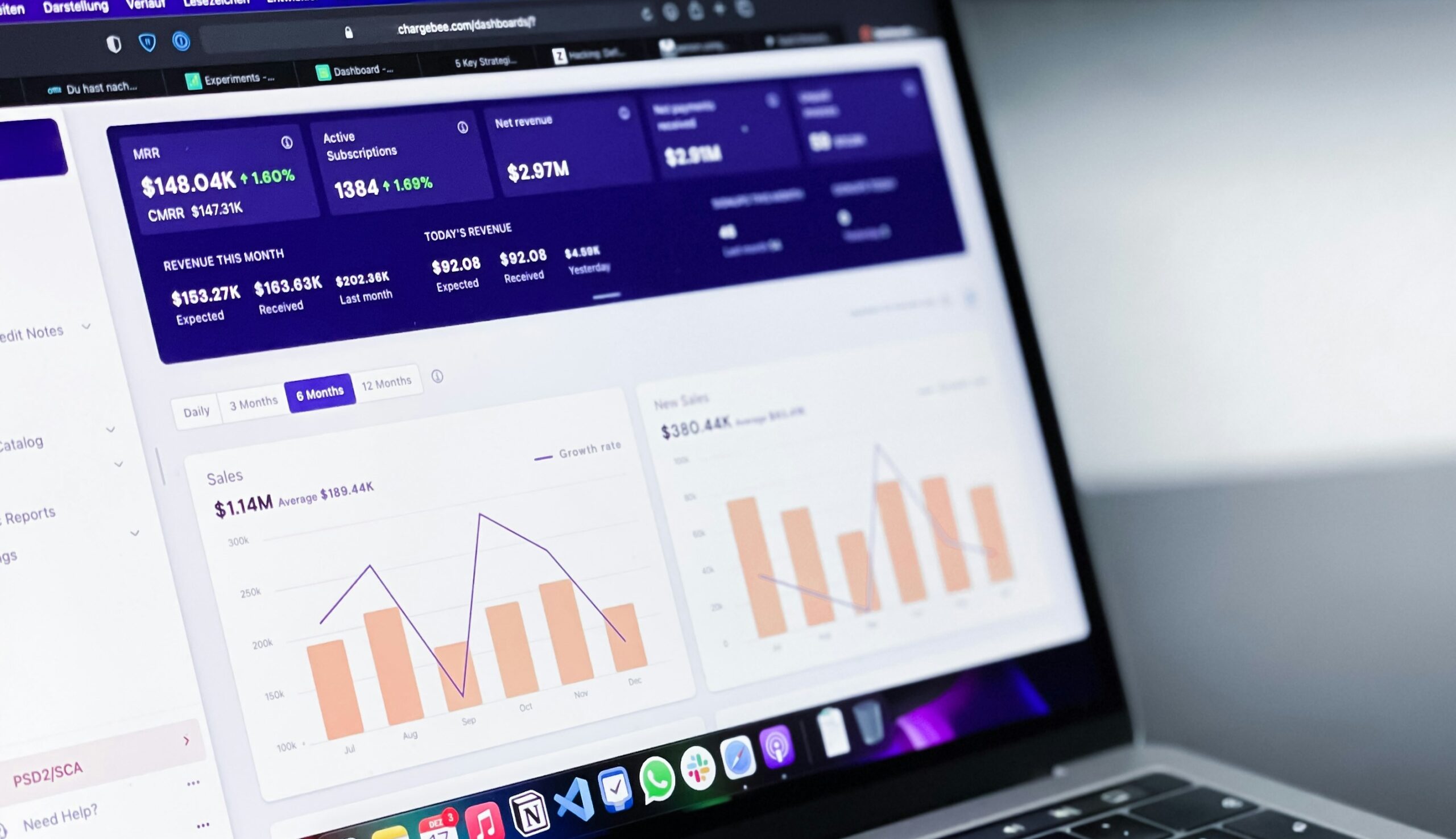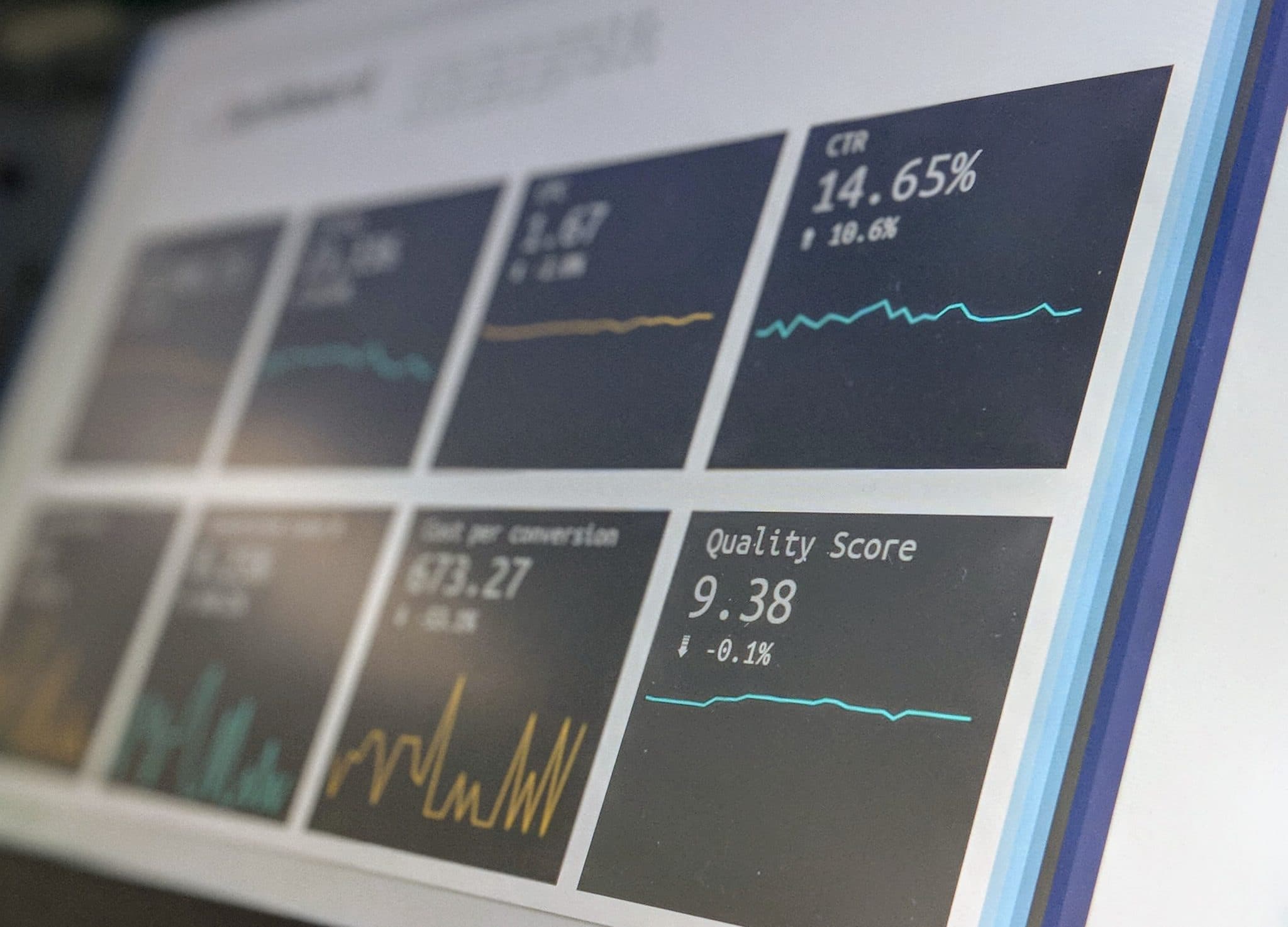Benchmark reporting, or a Digital Audit, is an exercise that combines audience research, deep-dive analytics and competitor analysis. It offers a clear data-driven view of how your organisation’s marketing strategy compares with competitors.
I’ve often heard the expression that luck is ‘Opportunity meeting preparation.’
Well, the Benchmark Report can lift the lid on opportunities to attract more customers and overtake your competition.
In this post I’ll discuss the digital audit, and why the process is one of our most powerful tools.
“When we show people where their organisation sits amongst their competitive set, they sit up and take notice.”
Digital benchmarking uses a combination of audience research, deep-dive analytics and competitor analysis to give a clear data-driven view of where your marketing efforts compare to competitors. From visibility to market position, content, and social media activity.
Its research outputs will help you to understand areas to improve, new opportunities to target and the places you should focus on so you can retain customers and grow your business.

The digital landscape is ever-changing.
How people make purchasing decisions, engage and create content, and the laws around data privacy are changing. It’s important to understand and adapt to these changes.
By comparing performance against your competitive set, benchmarking offers valuable insights that will inform your digital strategy. It will also help improve trust signals and your overall customer experience.
Let’s take a look at some of the benefits.
Benchmark Benefits
- Measure performance: Benchmark reports allow you to see how your digital experience, marketing efforts, or content stacks up against competitors.
- Identify trends and opportunities: By understanding industry trends, you can capitalise on opportunities and adapt to changing audience intent and market conditions.
- Improve customer experience: Benchmark reports can help you understand what a great customer experience looks like for your industry, positioning you to take action to reduce frustration and increase engagement.
- Optimise your strategies: The report data will help refine your marketing activity by identifying which channels, content, technologies, and tactics work best. For example, if content is created you can see what your audience is looking for based on keyword research and trends, you can increase organic visibility and traffic.
- Stay ahead of competitors: By understanding your competitors’ strengths and weaknesses, you can adapt your strategies to stay ahead.
The data and insights you will gain from this work will inform your marketing channels. If you take the right action, performance metrics will increase in organic and paid search rankings, overall visibility and social media signals.

The Digital Audit Process
- Choose a reputable source: Look for research and insights from a trusted partner. Ensure the data you uncover is reliable and relevant to your industry.
- Analyse the data: Carefully review the data and insights provided in the report to understand how your performance compares to industry peers. Take an unbiased look at it and leave assumptions to the side.
- Identify areas for improvement: Use the insights from the report to identify areas where you can improve your digital experience, marketing activity, and content strategy.
- Create a strategy: Develop an action plan and schedule based on the insights from the report, outlining specific steps to improve your performance.
- Monitor progress: Build a monthly action plan to ensure you are improving and optimising relevant channel content.
By understanding your data and trends, you can refine your strategies and take action to improve customer experience. When we show people where their organisation sits amongst their competitive set, it’s like Top of the Pops, and they always sit up and take notice.
Following this process, you will gain greater insight into your competitive landscape. Learn where you are doing well, where you can improve, and where your competition is stronger.
You will also understand your audiences better – their intent, and needs.
Thanks for reading 🙂
Get in touch to chat about digital audit and benchmarking, and getting a bigger slice of the cake.


